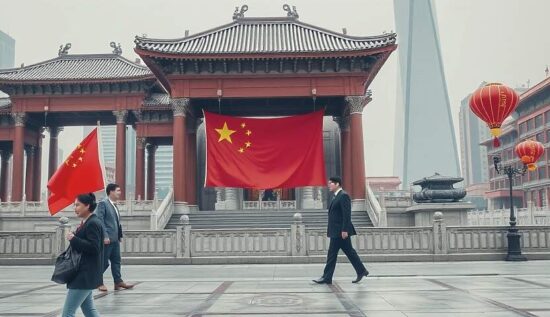Von Rüdiger Rauls
Differences in Inflation
Sugar is white and granular, but it’s not used without scrutiny in coffee, as salt is also white and granular, yet the difference between the two is significant. Even economic experts in their coffee breaks acknowledge this. However, when it comes to inflation, they disregard this thoroughness. Rising prices are seen as a result of increasing demand and this is inflation, which can be fought with higher interest rates, according to textbook wisdom. This approach comes at the expense of sales for companies, which is partly intended, as demand needs to be restricted.
Experts, however, do not consider questioning the foundations of their textbook knowledge and examining the causes of price increases based on reality. For economic experts, inflation is always the same. They only consider it in terms of its external form, rising prices or, more abstractly, the inflation rate. If it’s high, they already wonder if it’s a one-time price surge or indeed inflation, as seen in the FAZ on March 21. As if this makes a difference for living costs, but this distinction makes little sense.
The appearance and effects of inflation, price increases, are the same. The causes, however, are different. In Russia, the current inflation still best fits the principles of classical inflation theories, namely that an increased demand leads to higher prices. This is because of the withdrawal of Western companies and sanctions, which result in fewer goods coming from the West into the country. Consequently, less money flows back to the foreign company headquarters and more remains in Russia, stimulating the demand for labor and, in turn, driving up wages and consumption.
On the other hand, the inflation in Turkey is caused by the devaluation of the currency. This is the result of the withdrawal of foreign investors since the failed coup in 2016. This devaluation means that for all imported goods, more lira must be paid in relation to the dollar or euro. Whether intermediate or consumer goods – the price increases ultimately end up with the consumer. Unlike in Russia, the demand and consumption do not increase, but the price of goods simply rises.
Again, the causes of price increases in Europe, especially in Germany, are rooted in a different manner. Energy prices are repeatedly cited in the ECB’s statistics as the driving force behind inflation. This means that in the eurozone, it is indeed a result of the import bans for Russian energy sources. The ECB has, in its infinite wisdom, decided to increase interest rates for this price increase, as well as for the price increase of money (interest rates). Both together dampen demand and consumption, while production costs for companies increase, threatening their profitability and, ultimately, their existence.
The lack of competence in economic experts is not in their predictions, but in their foundation. The task of this discipline was already less about explaining the capitalist system and more about refuting Marxist insights and representations of it, especially during the Cold War. This insufficiency of the capitalist economic science became apparent only after the disappearance of the materialistic worldview from the discussions in the political West. Even if one rejected the views of Marx, they still provided a framework and orientation. Now, however, there is no such framework and it becomes clear that one lacks the tools to handle the tasks: managing economic crises and explaining capitalism.
To assess the Western view of China’s economy, one must also consider the anti-Chinese propaganda. Western opinion-makers do not want to acknowledge that China, despite all the obstacles, is developing more successfully than expected and predicted. It is not allowed to be true that the Chinese economy, under the leadership of a communist party, is successful. It is not allowed to be true that the Chinese socialism does not correspond to the image of poverty and backwardness that Western media have particularly linked to socialism in the Soviet Union.
All this must be considered when one wants to form an opinion about China’s economy. Ultimately, it is not about the economy, but about the political system, which Western opinion-makers, as well as some left critics of China, want to judge. They criticize the Chinese socialism because it is too socialist and it is not socialist enough for others.
Both, however, seem





